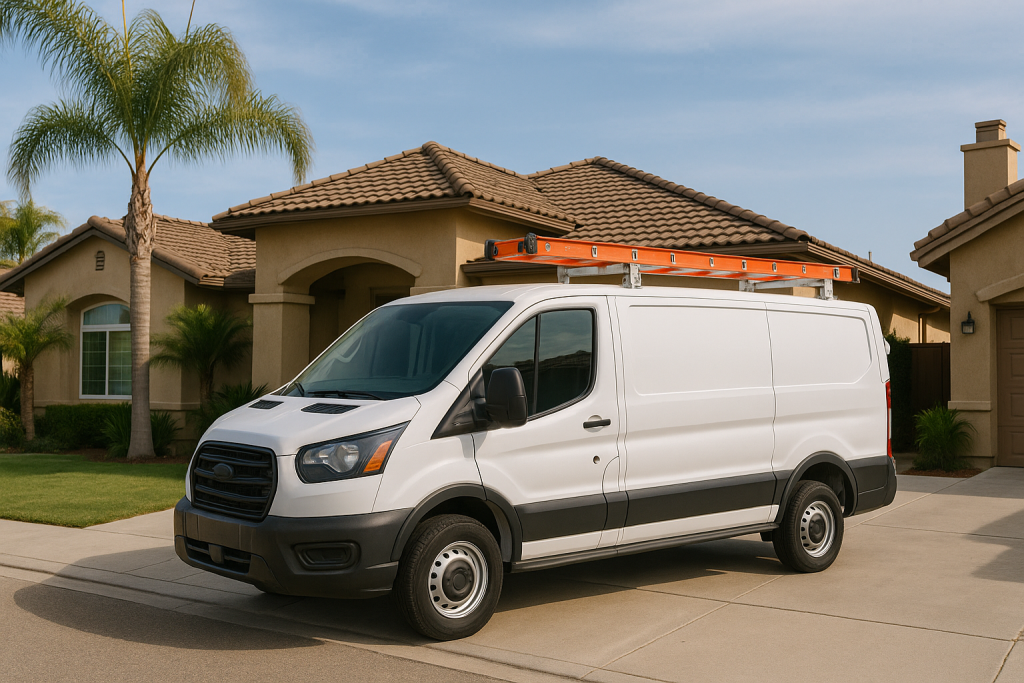
When it comes to installing a heating, ventilation, and air conditioning (HVAC) system, homeowners in Carlsbad, CA and throughout North County San Diego often weigh the cost-saving appeal of a DIY HVAC installation against the reliability and safety of a professional HVAC installation. While tackling a DIY project might seem like a budget-friendly option, the risks and long-term implications often outweigh the short-term savings. From energy efficiency and system reliability to warranty protection and safety compliance, hiring a licensed HVAC professional—like those at Pelican Heating and Air—ensures your home remains comfortable, safe, and energy-efficient year-round. This blog post explores why professional HVAC installation is often the smarter and safer investment for homeowners across the San Diego region.
HVAC Installation Cost Comparison: Short-Term Savings vs. Long-Term Gain
Cost and Upfront Investment
- DIY HVAC installation offers the allure of reduced initial costs by eliminating labor fees. However, mistakes in sizing, ducting, or safety protocols can lead to higher utility bills, frequent breakdowns, or system failures.
- Professional HVAC installation includes precise sizing, safe refrigerant handling, code compliance, and equipment warranties—all translating into fewer repairs, extended equipment life, and energy savings.
Long-Term Energy Efficiency
Professionally installed systems perform optimally with high Seasonal Energy Efficiency Ratio (SEER) ratings and accurately calibrated refrigerant and airflow—drastically improving efficiency and lowering monthly utility bills.
HVAC Installation Safety Risks and Code Compliance
Handling Electrical, Gas, and Refrigerants
HVAC systems involve dangerous elements like high-voltage electricity, refrigerants, and gas lines. Without proper tools and training, DIY attempts can lead to electrical fires, gas leaks, or exposure to toxic chemicals.
Professionals follow strict safety codes and use specialized equipment, minimizing accident risks.
Building Codes and Permitting for HVAC Installation
DIY installations often neglect compliance with local building codes—leading to fines, insurance complications, or demands for costly re-installation. Licensed contractors manage permitting, inspections, and ensure code-conforming work.
HVAC System Reliability and Installation Quality
Proper HVAC System Sizing
One of the most overlooked DIY mistakes is inefficient system sizing. Professional HVAC technicians perform load calculations to determine the right unit capacity, ensuring quieter operation, better humidity control, and consistent comfort.
HVAC Installation Warranty Protection
Manufacturers often require HVAC systems to be installed by certified technicians to retain warranties. DIY setups can void coverage, leaving homeowners responsible for full repair or replacement costs.
Time, HVAC Expertise, and Peace of Mind
Speed and Minimizing Disruption with Professional HVAC Service
What might take a professional technician a few hours could take a DIYer several days—if not weeks—due to steep learning curves and unanticipated issues. Professionals bring experience, tools, and efficiency.
Preventative Maintenance for HVAC Systems
Homeowners who skimp on professional installation often delay regular tune-ups and filter changes, which can shorten system lifespan and increase energy costs. Many pros offer ongoing maintenance plans that detect issues early and optimize performance over time.
Summary of Key Differences in HVAC Installation Methods
| Feature | DIY HVAC Installation | Professional HVAC Installation |
|---|---|---|
| Upfront Cost | Lower initially, higher risk | Higher investment, but cost-effective long-term |
| Safety | Risky (electric, gas, refrigerant) | Licensed pros ensure safe installation |
| System Sizing | Often inaccurate | Professionally calculated for optimal comfort |
| Warranty | Likely voided | Maintained with certified installation |
| Energy Efficiency | Suboptimal performance | High efficiency, SEER-rated results |
| Time & Convenience | Slow, error-prone | Fast, licensed installations |
| Ongoing Support | No warranty or plan | Customizable maintenance plans |
Expert Opinions & Industry Insights on HVAC Installation
- According to Flanders HVAC, certified contractors’ expertise, safety focus, expedited service, and warranties make professional installation indispensable.
- Power Pro Plumbing notes professional installers ensure electrical and refrigerant handling follows strict safety protocols—and though costlier upfront, they ultimately save money.
- The Spruce advises that HVAC installations fall under “household projects you should never DIY” due to complexity and safety risk.
When DIY HVAC Installation Might Be Acceptable
- Simple Filter Replacement or Basic Upkeep: Tasks like filter swaps or coil cleaning are low-risk and suitable for DIY.
- Adding a Smart Thermostat: Can be DIY if you’re comfortable with wiring—but most pros still recommend professional assistance to ensure system compatibility and preserve efficiency.
Final Verdict on Professional vs. DIY HVAC Installation
While DIY HVAC installation can seem cost-saving, it’s often a false economy due to safety hazards, inefficiency, and warranty or compliance risks. A professional HVAC installation, though requiring more upfront investment, offers accuracy, safety, energy savings, warranty coverage, and peace of mind—making it the advisable choice for both homeowners and businesses alike.






